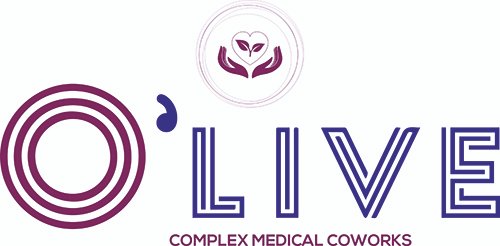Types of Targeted Therapy
- Monoclonal Antibodies:
- These are lab-produced molecules that can bind to specific targets on the surface of cancer cells. Once bound, they can block cell growth signals, deliver toxic substances directly to cancer cells, or flag the cells for destruction by the immune system. Examples include trastuzumab (Herceptin) and rituximab (Rituxan)
- Small Molecule Inhibitors:
- These drugs can enter cancer cells and disrupt the function of proteins involved in cancer cell growth and survival. Common types include tyrosine kinase inhibitors like imatinib (Gleevec) and proteasome inhibitors like bortezomib (Velcade).
- Hormone Therapies:
- These therapies are used for cancers that are driven by hormones, such as breast and prostate cancer. They block the body’s ability to produce hormones or interfere with the effects of hormones on cancer cells. Examples include tamoxifen and aromatase inhibitors.
- Angiogenesis Inhibitors:
- These drugs prevent the formation of new blood vessels that tumors need to grow. By cutting off their blood supply, these therapies can starve the tumors. Bevacizumab (Avastin) is a well-known angiogenesis inhibitor.
- Precision Treatment:
- Targeted therapies specifically attack cancer cells with minimal impact on normal, healthy cells, leading to fewer side effects compared to traditional chemotherapy.
- Effective for Specific Cancers:
- These therapies are particularly effective for cancers that have specific genetic mutations or abnormal proteins, such as certain types of breast, lung, and colorectal cancers.
- Potential for Combination:
- Targeted therapies can be combined with other treatments, such as chemotherapy and immunotherapy, to enhance their effectiveness.
- Genetic and Molecular Testing:
- We perform comprehensive genetic and molecular testing to identify specific targets and mutations in a patient’s cancer cells. This allows us to choose the most effective targeted therapy.
- Personalized Treatment Plans:
- Based on the test results, we develop a personalized treatment plan that includes the appropriate targeted therapies. This ensures that each patient receives the most effective treatment for their specific cancer.
- Monitoring and Adjustments:
- Our team continuously monitors the patient’s response to targeted therapy and makes adjustments as needed. This helps in managing side effects and maximizing the effectiveness of the treatment.
- Combination Therapy:
- We often combine targeted therapies with other treatments to improve outcomes. This multi-faceted approach can help in overcoming resistance to a single therapy.
- Patient-Centered Care:
- At Olive Healthcare, we prioritize patient-centered care. We provide comprehensive support, including managing side effects, offering nutritional and psychological counseling, and ensuring that patients have access to all necessary information and resources.
- Clinical Trials and Research:
- Olive Healthcare is actively involved in clinical trials and research to discover new targeted therapies and improve existing ones. Patients have the opportunity to participate in these trials and benefit from the latest advancements in cancer treatment.
- Targeted therapy is a powerful tool in the fight against cancer, offering precise and effective treatment options with fewer side effects. At Olive Healthcare, we are dedicated to providing personalized, cutting-edge care to help our patients achieve the best possible outcomes.





